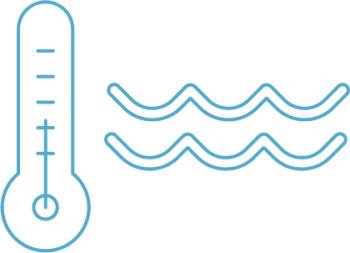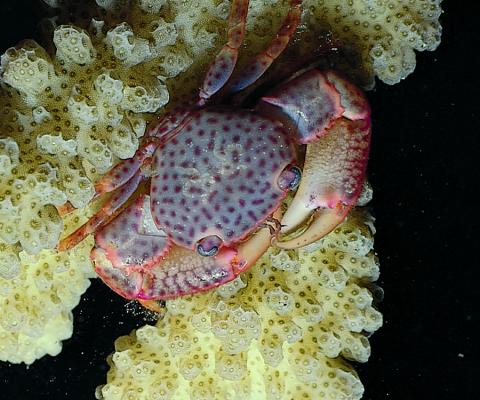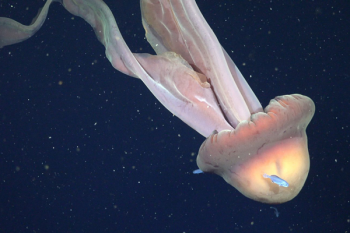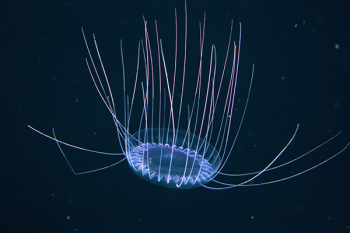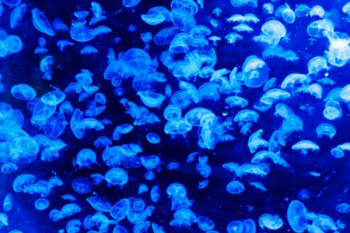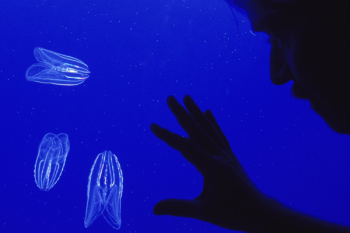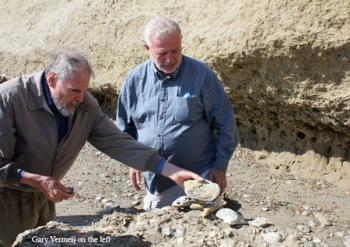Marine arthropods are likely to be impacted by climate change in many ways and some are already feeling the heat. Ocean warming is likely to alter the distribution and lifecycle of ecologically important Antarctic krill.
Warmer temperatures have also allowed invasive species, like the Asian shore crab to spread into new territories, threatening native species.
Scientists have found that snapping shrimp change their tunes (they increase the rate of snapping) when the ocean warms.
Lobsters may be finding the Gulf of Maine too warm causing them to move north— not good news for lobster fishing. Here’s our blog about that.
Ocean acidification. Because the ocean is absorbing carbon dioxide at an unprecedented rate, the ocean’s chemistry is changing, becoming more acidic. Some regions of the ocean are more impacted than others. Along the Pacific Northwest coast of the U.S., ocean acidification is already eating away at the forming exoskeletons of Dungeness crab larvae.


